How Successful is Stem Cell Therapy for Autism in Malaysia?
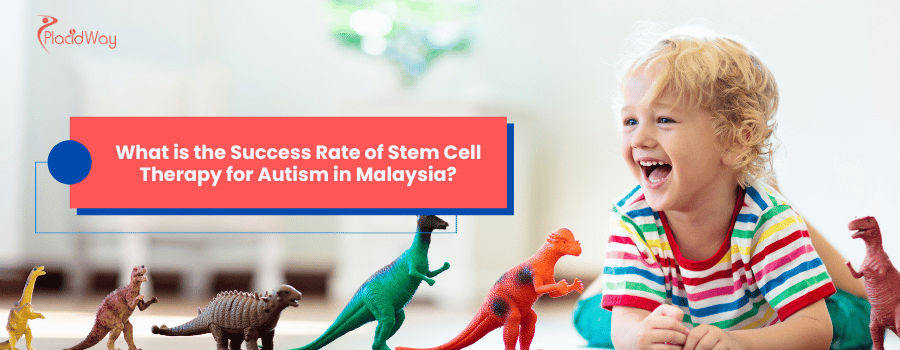
Stem cell therapy for autism is an emerging field of medicine that holds considerable promise, and for parents and caregivers in Malaysia, it represents a beacon of hope. The primary question on everyone's mind is, of course, about the success rate. While it's crucial to approach this topic with a blend of optimism and realism, the available data and anecdotal evidence from clinics in Malaysia and around the world suggest that stem cell therapy for autism can lead to noticeable improvements in a significant number of cases.
This innovative treatment focuses on addressing the underlying neuro-inflammatory and immunological issues often associated with autism spectrum disorder (ASD). The goal is not to "cure" autism, but to alleviate its most challenging symptoms, thereby enhancing the quality of life for both the child and their family. The therapy typically involves the use of mesenchymal stem cells (MSCs), often derived from umbilical cord tissue, which are known for their potent anti-inflammatory and regenerative properties.
When introduced into the body, these cells can help to modulate the immune system, reduce inflammation in the brain and gut, and promote the repair of damaged neural tissues. While the journey through stem cell therapy is a significant one, understanding its potential, the process involved, and the regulatory landscape in Malaysia is the first step towards making an informed decision.
What is the Cost of Stem Cell Therapy for Autism in Malaysia?
The cost of stem cell therapy for autism in Malaysia is a significant consideration for many families. The price can vary widely depending on several factors. These include the reputation and location of the clinic, the type and source of the stem cells used, the number of stem cells administered, and the number of treatment sessions required. Generally, a comprehensive treatment package can start from around $9,800 USD and go upwards, depending on the complexity of the case and the duration of the therapy.
It's important to note that this cost usually covers the stem cell product itself, the medical procedures for administration, and the associated clinical fees. However, it may not include other expenses such as travel, accommodation, and any additional therapies or consultations that may be recommended. When considering a clinic, it's essential to request a detailed and transparent breakdown of all costs involved to avoid any surprises.
What is Stem Cell Therapy for Autism?
At its core, stem cell therapy for autism is a form of regenerative medicine. It leverages the unique ability of stem cells, particularly mesenchymal stem cells (MSCs), to differentiate into various cell types and to release signaling molecules that can influence the body's own repair mechanisms. In the context of autism, it is believed that many of the core symptoms are linked to chronic inflammation in the brain and gut, as well as impaired connectivity between different brain regions.
The stem cells used in this therapy are typically sourced from the umbilical cord tissue of healthy, screened donors. These cells are known for their powerful anti-inflammatory, immunomodulatory, and regenerative capabilities. When administered to an individual with autism, usually through an intravenous (IV) infusion, these stem cells can travel to sites of inflammation and injury in the brain and other parts of the body. There, they work to reduce inflammation, protect existing neurons from further damage, and stimulate the formation of new neural connections. The ultimate aim is to improve brain function and, consequently, alleviate the behavioral and developmental challenges associated with autism.
How is Stem Cell Therapy for Autism Administered in Malaysia?
The administration of stem cell therapy for autism in Malaysia is a carefully controlled medical procedure. The most common method is an intravenous (IV) infusion, which is similar to getting a standard IV drip. The process begins with a thorough medical evaluation of the child to ensure they are a suitable candidate for the therapy. This often includes blood tests and a review of their medical history.
On the day of the treatment, the child is made comfortable in a clinical setting. A small IV line is inserted into a vein, usually in the arm or hand. The stem cell solution, which contains millions of mesenchymal stem cells suspended in a sterile saline solution, is then slowly infused into the bloodstream over a period of a few hours. The procedure is generally painless, and children can often watch movies or play with toys during the infusion to keep them calm and distracted. In some cases, a treatment protocol may involve multiple infusions over several days to maximize the therapeutic effect.
Is Stem Cell Therapy for Autism Legal and Regulated in Malaysia?
The legal and regulatory framework for stem cell therapy in Malaysia is an important aspect for families to understand. The Malaysian Ministry of Health (MOH) has established guidelines for stem cell research and therapy to ensure that all treatments are conducted safely and ethically. These guidelines cover the sourcing, processing, and administration of stem cells, as well as the accreditation of clinics and medical practitioners offering such therapies.
While the use of embryonic stem cells is highly restricted, the use of adult stem cells, such as mesenchymal stem cells from umbilical cord tissue, is permitted for therapeutic purposes under these guidelines. It is crucial for patients to choose a clinic that is registered with the MOH and adheres to these national standards. This ensures that the stem cells are of high quality, free from contaminants, and that the treatment is administered by qualified medical professionals in a safe environment.
What Kind of Improvements Can Be Expected After Stem Cell Therapy?
The potential improvements following stem cell therapy for autism can be life-changing for many children and their families. While individual results vary, many parents report a range of positive changes in their child's behavior and abilities. These can include:
- Improved Social Skills: Increased eye contact, more interest in interacting with others, and better understanding of social cues.
- Enhanced Communication: Improvements in both verbal and non-verbal communication, including an expanded vocabulary and more spontaneous speech.
- Reduced Repetitive Behaviors: A decrease in stereotypical behaviors such as hand-flapping, rocking, or obsessive interests.
- Better Cognitive Function: Improved attention span, concentration, and learning abilities.
- Improved Emotional Regulation: Fewer tantrums and meltdowns, and a generally calmer and more stable mood.
It's important to have realistic expectations and to understand that these improvements may not happen overnight. They often occur gradually over a period of weeks or months following the treatment, as the stem cells continue to exert their therapeutic effects.
How Long Does it Take to See Results from Stem Cell Therapy for Autism?
The question of how long it takes to see results is a common one. There is no single answer, as the response to stem cell therapy for autism can vary significantly from one child to another. Some parents have reported observing subtle changes in their child's behavior, such as improved sleep patterns or a calmer demeanor, within the first few weeks after treatment.
However, more substantial and lasting improvements in areas like communication, social interaction, and cognitive function typically take longer to become apparent. The general consensus among clinicians is that it can take anywhere from 3 to 6 months to see the full effects of the therapy. This is because the stem cells need time to migrate to the target areas, reduce inflammation, and stimulate the body's natural repair processes. Patience and consistent follow-up care are key during this period.
What are the Risks and Side Effects of Stem Cell Therapy for Autism?
The safety of any medical treatment is a paramount concern, especially when it involves children. Fortunately, stem cell therapy for autism, particularly when using mesenchymal stem cells from umbilical cord tissue, has a good safety profile. The most common side effects are mild and short-lived, and may include:
- Fatigue or sleepiness for a day or two after the infusion.
- A low-grade fever, which usually resolves on its own.
- Mild headache or nausea.
The risk of more serious complications, such as infection or an allergic reaction, is very low when the procedure is performed in a sterile, clinical environment by experienced medical professionals. Because umbilical cord-derived MSCs are immunoprivileged, there is no need for HLA matching, and the risk of rejection is minimal. Choosing a clinic that adheres to strict safety and quality control standards is the best way to minimize any potential risks.
How to Choose a Stem Cell Clinic in Malaysia?
Selecting the right clinic is a critical step in the journey of stem cell therapy for autism in Malaysia. Here are some key factors to consider:
- Licensing and Accreditation: Ensure the clinic is registered and accredited by the Malaysian Ministry of Health (MOH). This is a fundamental indicator of quality and safety.
- Experience and Expertise: Look for a clinic with a team of doctors and scientists who have extensive experience in regenerative medicine and the treatment of autism.
- Stem Cell Source and Quality: Inquire about the source of the stem cells (umbilical cord tissue is a common and reputable source) and the quality control measures in place to ensure their safety and viability.
- Transparency: A reputable clinic will be transparent about their treatment protocols, costs, and potential outcomes. They should be willing to answer all of your questions and provide you with detailed information.
- Patient Reviews and Testimonials: While not a substitute for professional medical advice, hearing about the experiences of other families can provide valuable insights.
What is the Role of Aftercare in Stem Cell Therapy for Autism?
The journey doesn't end after the last stem cell infusion. Proper aftercare is essential for achieving the best possible outcomes from stem cell therapy for autism. This can involve a combination of supportive therapies and lifestyle adjustments, such as:
- Continuing Therapies: It is often recommended that children continue with their existing therapies, such as Applied Behavior Analysis (ABA), speech therapy, and occupational therapy, as these can work synergistically with the stem cell treatment.
- Diet and Nutrition: A healthy, balanced diet that is low in processed foods and inflammatory ingredients can help to support the body's overall health and reduce inflammation.
- Supplements: Certain supplements, such as omega-3 fatty acids and probiotics, may be recommended to support brain health and gut function.
- Follow-up Consultations: Regular follow-up appointments with the medical team are important for monitoring progress and making any necessary adjustments to the aftercare plan.
Can Stem Cell Therapy Be Combined with Other Autism Treatments?
Stem cell therapy for autism is not a standalone cure, but rather a powerful tool that can be integrated into a broader, multidisciplinary treatment approach. In fact, many experts believe that combining stem cell therapy with other evidence-based autism interventions can lead to the best results. The stem cells can help to create a more favorable biological environment in the brain, making it more receptive to the benefits of other therapies.
For example, a child who becomes calmer and more focused after stem cell therapy may be better able to engage in and benefit from ABA or speech therapy sessions. Therefore, it is generally recommended that children continue with their established therapeutic and educational programs after receiving stem cell treatment. This integrated approach can help to reinforce the gains made from the therapy and promote long-term progress.
What are Mesenchymal Stem Cells (MSCs) and Why Are They Used?
Mesenchymal stem cells, or MSCs, are at the heart of most stem cell therapy protocols for autism. These are multipotent adult stem cells, meaning they have the ability to differentiate into a variety of cell types, including bone, cartilage, muscle, and fat cells. However, their therapeutic potential in the context of autism lies less in their ability to create new neurons and more in their powerful signaling and modulatory functions.
MSCs are known to secrete a wide range of growth factors, cytokines, and other molecules that can have a profound effect on their surrounding environment. They are potent anti-inflammatory agents, helping to quell the chronic inflammation that is often found in the brains of individuals with autism. They also have immunomodulatory properties, meaning they can help to regulate an overactive or dysfunctional immune system. Furthermore, they can promote the survival of existing neurons and encourage the formation of new blood vessels and neural connections. The use of MSCs from umbilical cord tissue is particularly advantageous as these cells are young, robust, and do not carry the risk of rejection.
Explore Your Options with PlacidWay
If you are considering stem cell therapy for autism for your child, PlacidWay is here to help you navigate your options. We partner with a global network of accredited and experienced clinics to provide you with access to high-quality, affordable medical care. Contact us today to learn more about stem cell therapy in Malaysia and to receive a personalized quote.


.png)

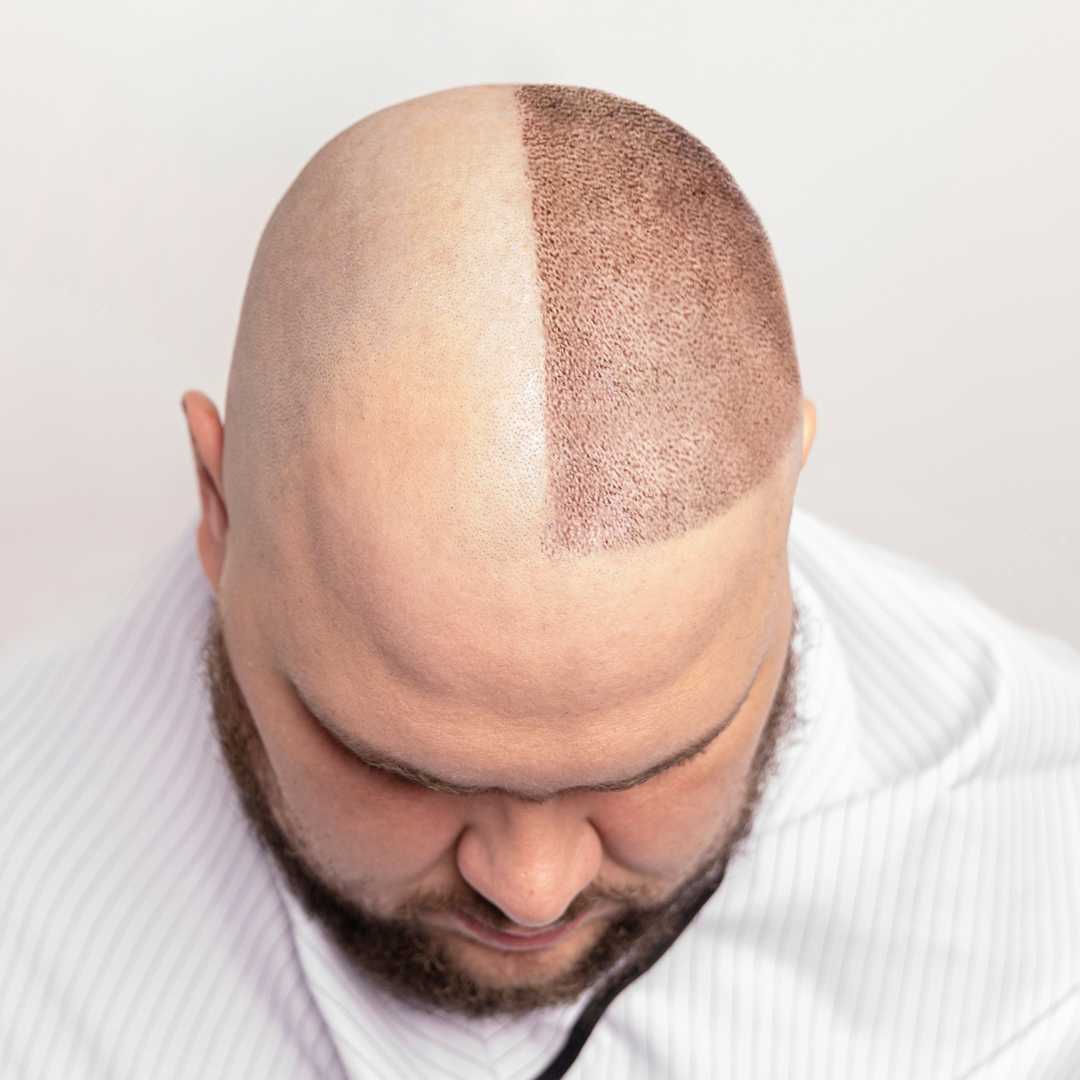

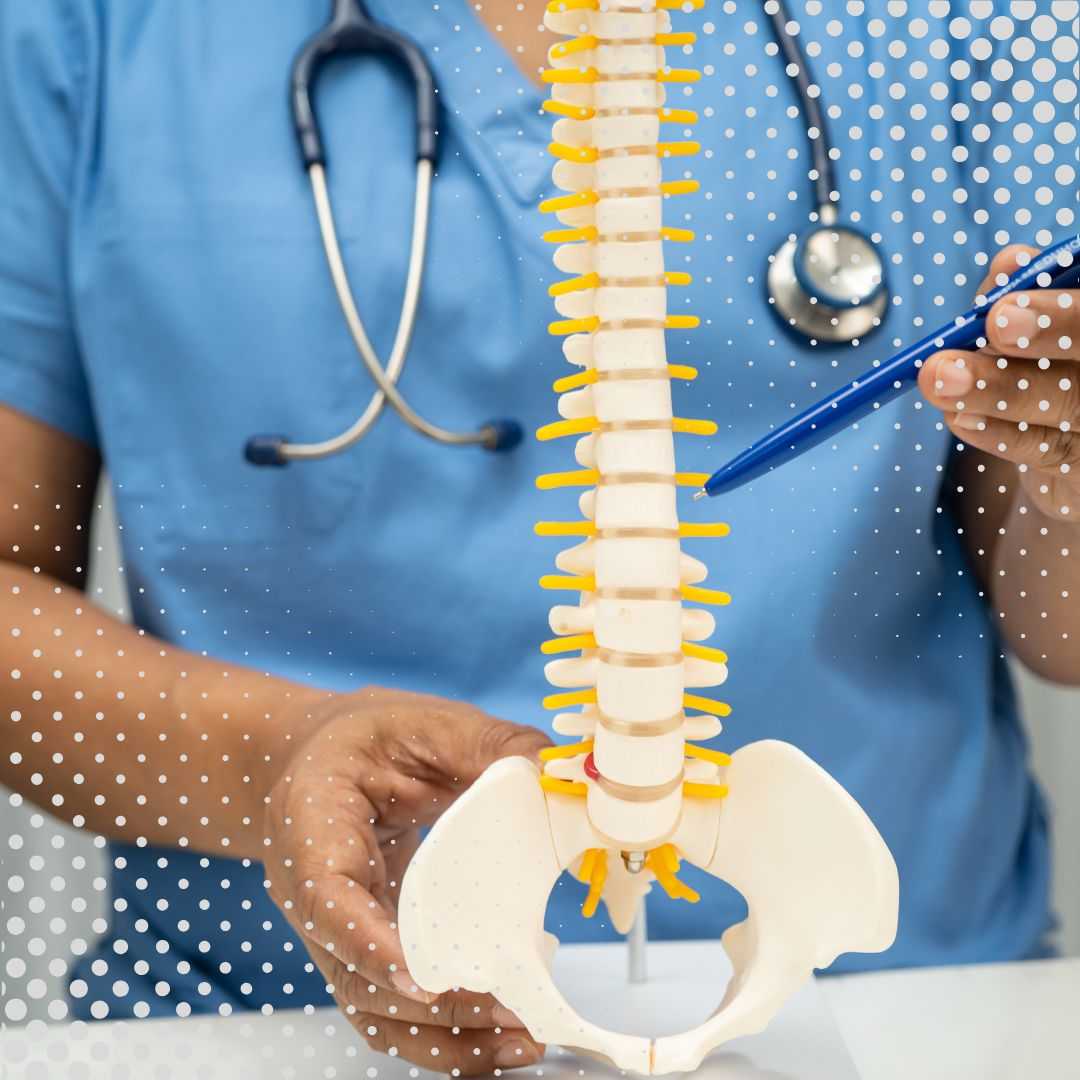
.png)

.png)
.png)
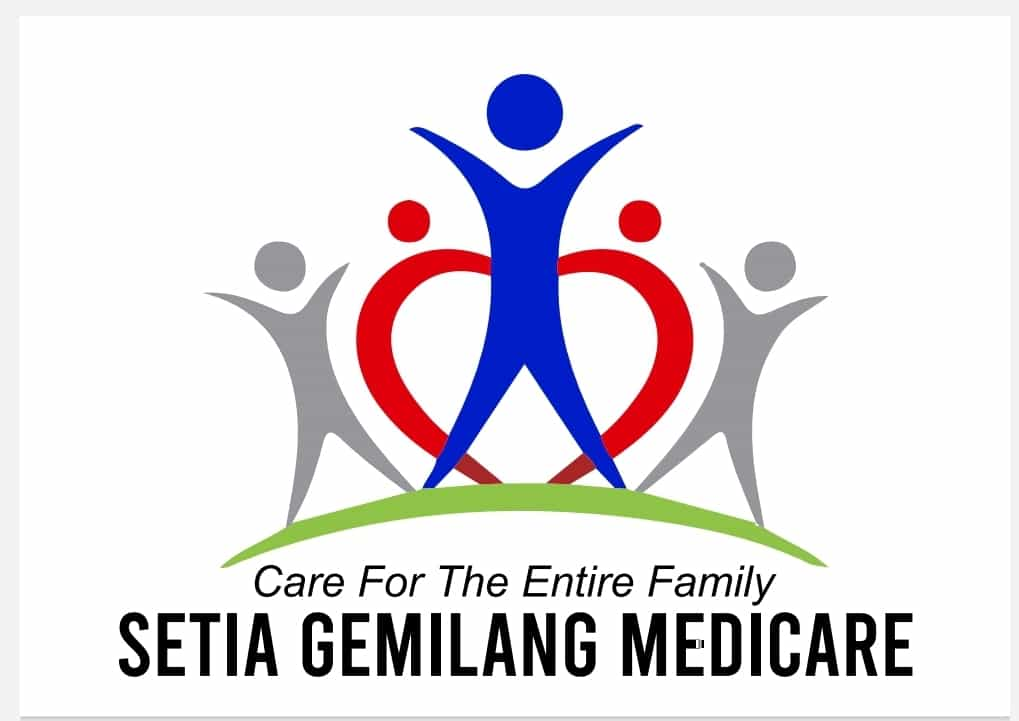
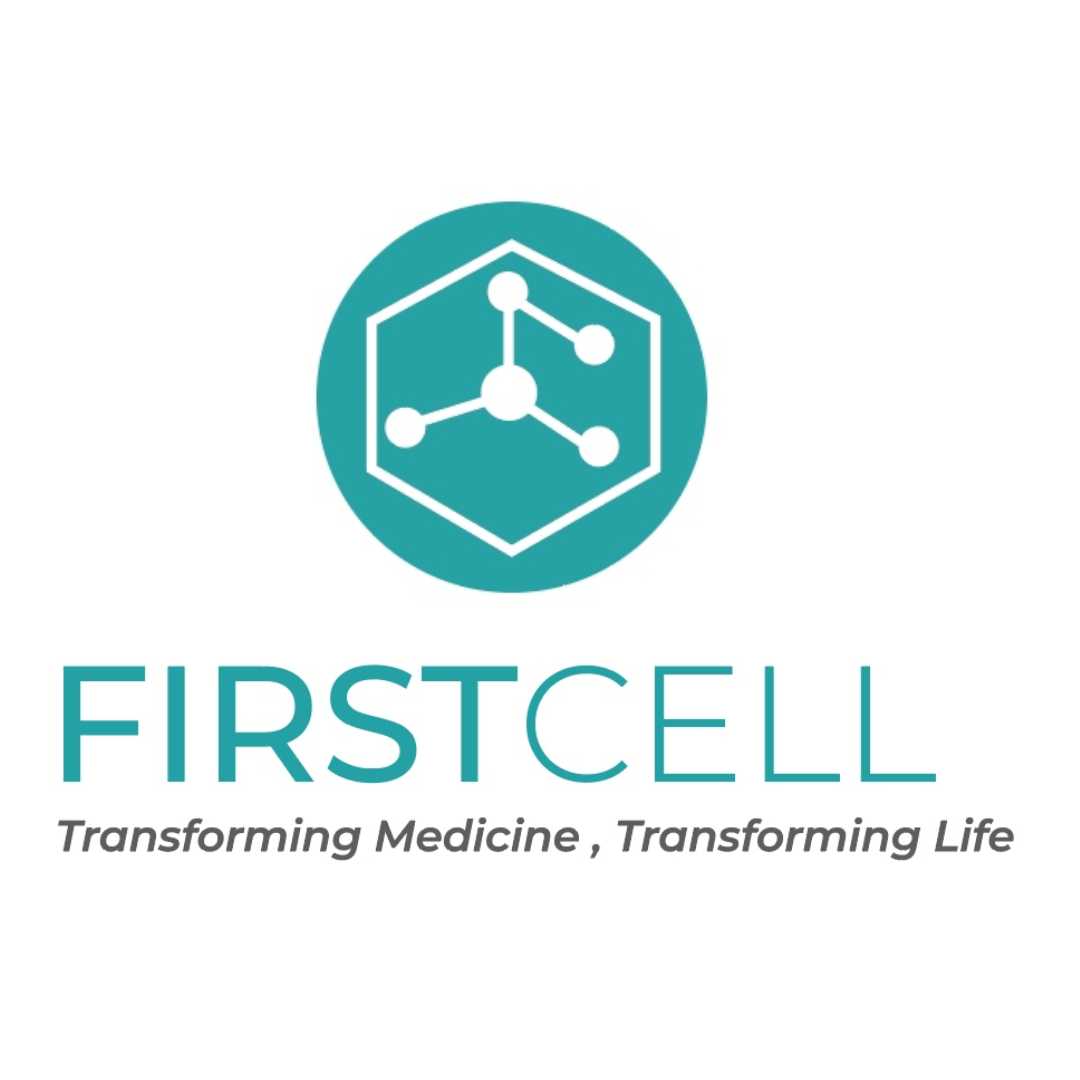
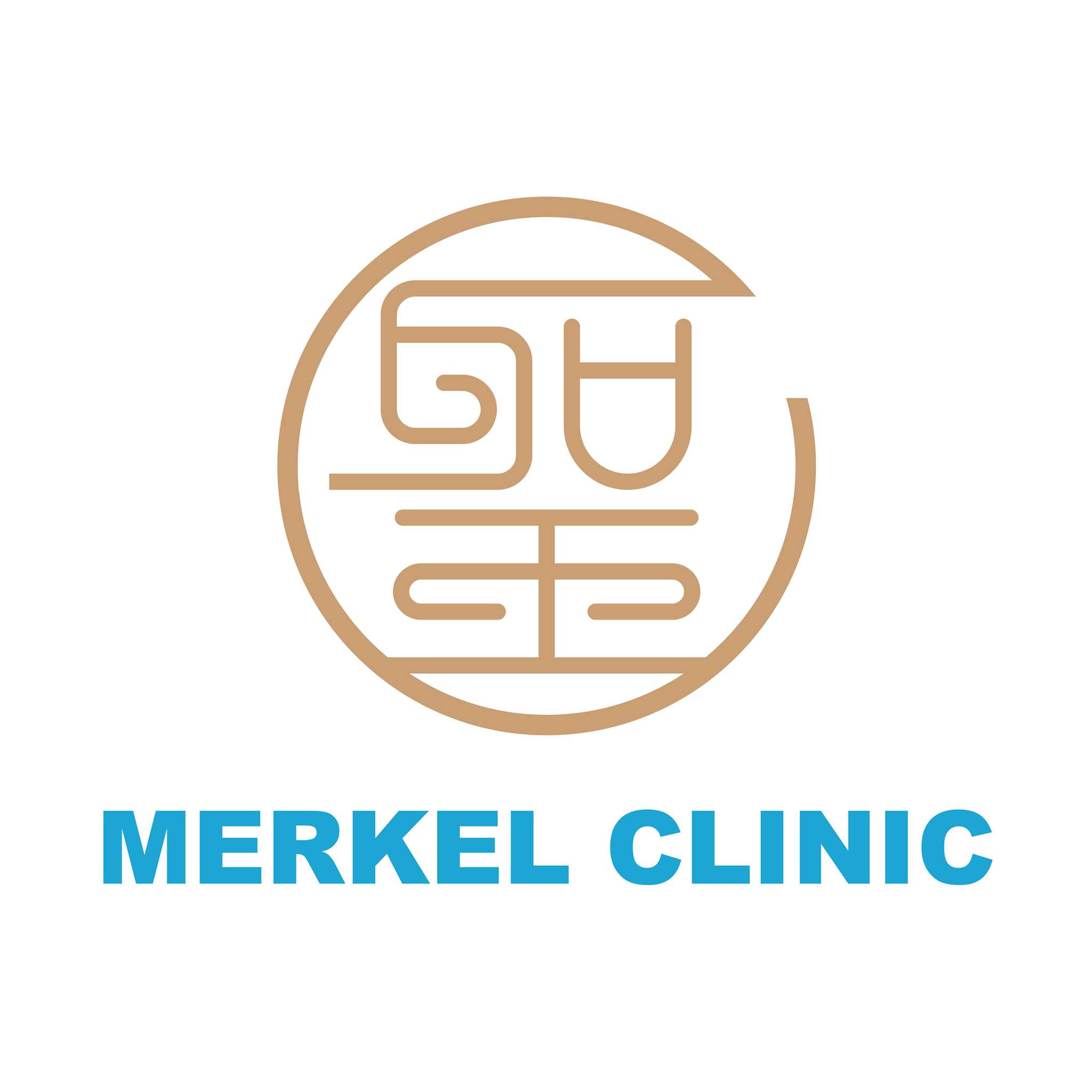



Share this listing